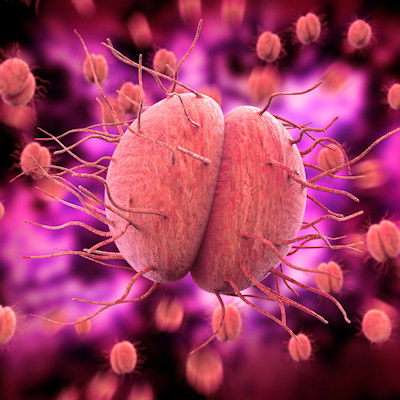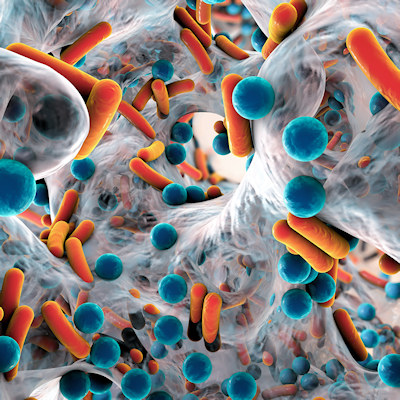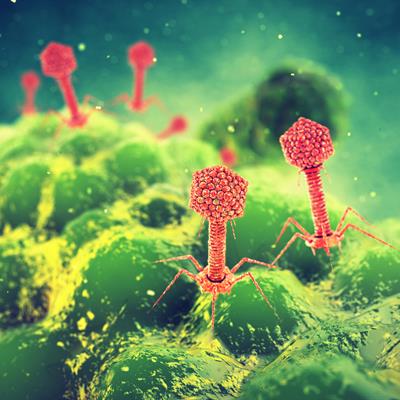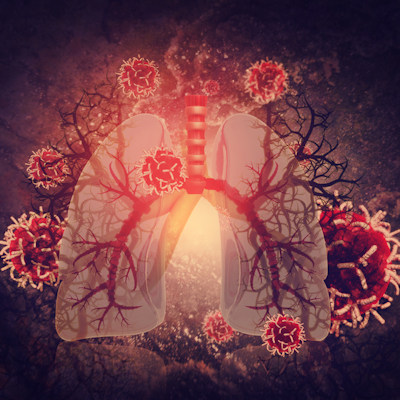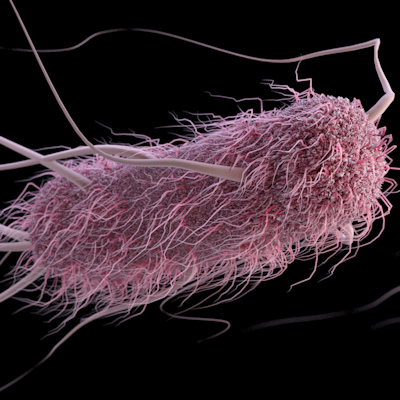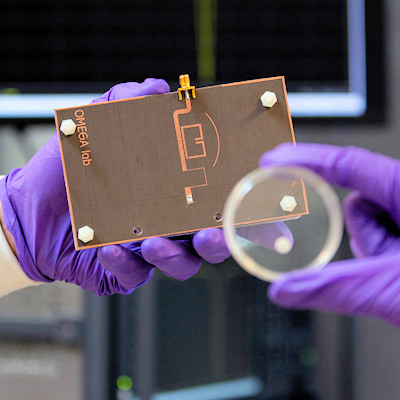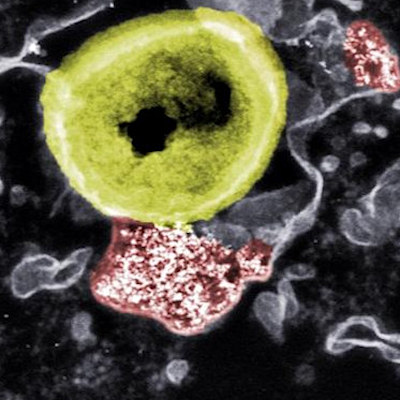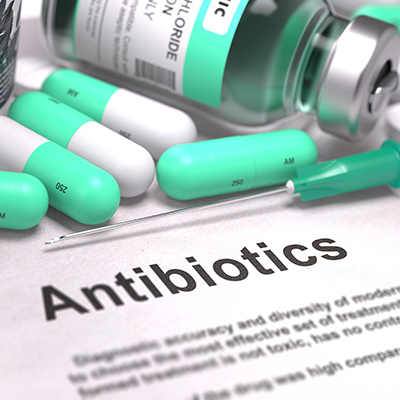January 31, 2023 -- Researchers from Amsterdam University Medical Centers (UMC) have found that carriers of specific hidden bacteria have a 14% chance of developing an antibiotic-resistant infection within 30 days of hospitalization. The research, published January 30 in the Lancet Infectious Diseases, studied patients who were unknowingly carrying the multidrug-resistant Gram-negative bacteria, a major cause of urinary tract infections and sepsis.
Antimicrobial resistance is an increasing problem worldwide and makes some infections increasingly difficult to treat. The antibiotics available are often few and expensive. Individuals can carry antibiotic-resistant bacteria -- most often found in the intestines and mouth, or on the skin -- without any symptoms. Carrying these bacteria only becomes a problem if patients develop an infection, which is more likely to happen during hospitalization. Such infections are difficult to treat, and complicate other treatments for those hospitalized for other reasons.
The UMC researchers sought to determine the chances that a resistant-bacteria carrier would develop an infection during a hospital stay -- knowledge which could help alert hospitals to antibiotic-resistant infections. In their review of the medical literature, 44 studies from 14 countries were retained for qualitative synthesis, 40 of which were analyzed with meta-regression, comprising data for 14,049 patients colonized with multidrug-resistant bacteria.
The results showed that the risk of infection with multidrug-resistant Gram-negative bacteria averaged 14% within 30 days in hospitalized patients -- meaning that almost one in seven developed an infection that few antibiotics could treat. For certain types of bacteria from this group, this chance was as high as 19%, or nearly one in five.
By comparison, ordinary post-surgery infection rates vary from 1% to 20%, depending upon the procedure. After a so-called "dirty" surgery -- an operation in a high-bacteria body area such as the intestines -- the chances of developing an infection are 18% to 20%. After a "clean" surgery in a more sterile body area, infection chances are much lower: around 1% to 3% within 30 days of hospitalization.
The research not only quantifies the risk of infections, but also facilitates the comparison of different types of resistant bacteria. It also provides tools for comparing the infection risks for different types of patients. For example, patients in intensive care units are at particularly high risk for hospital-acquired infections due to the high prevalence of invasive procedures, induced immunosuppression, comorbidity, frailty, and increased age. The researchers noted that since most of the patients in the studies involved were seriously ill, they were generally more likely to get infections.
Some countries already report infected patients carrying bacteria that is so highly resistant that treatment is not possible. Antimicrobial resistance to common antibiotics used to treat common infections -- for example, urinary tract infections -- has reached over 90% in some cases. This has led the World Health Organization to name antimicrobial resistance as one of the ten global public health threats facing humanity. It recommends much-needed research into strategies to prevent carriers of resistant bacteria from developing untreatable infections.
Copyright © 2023 scienceboard.net




